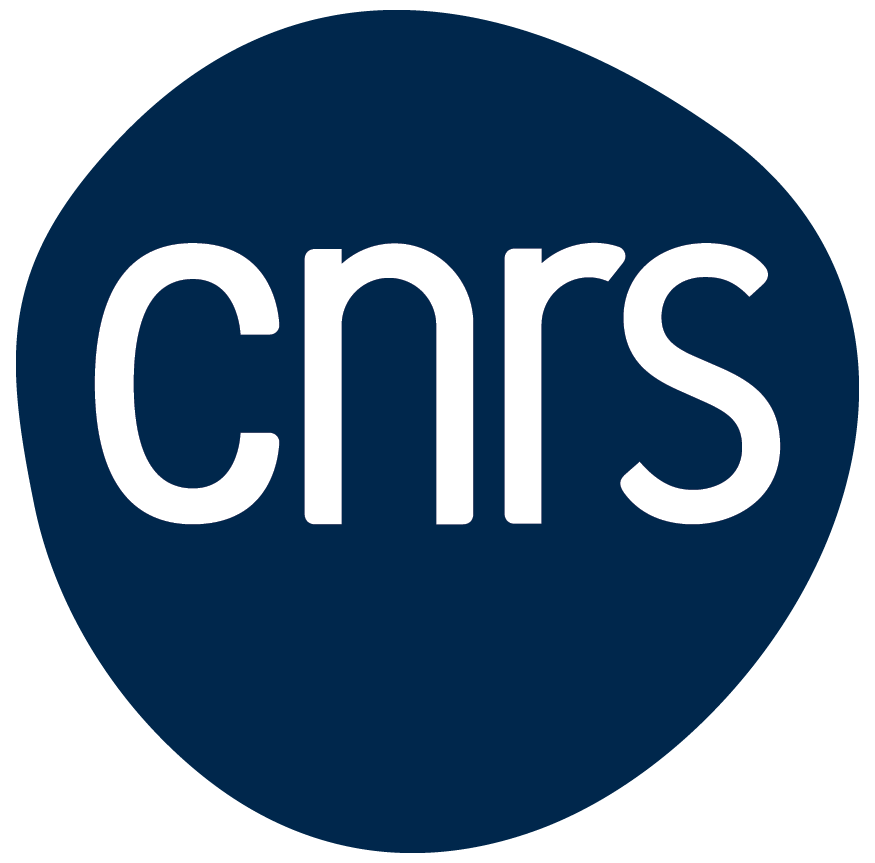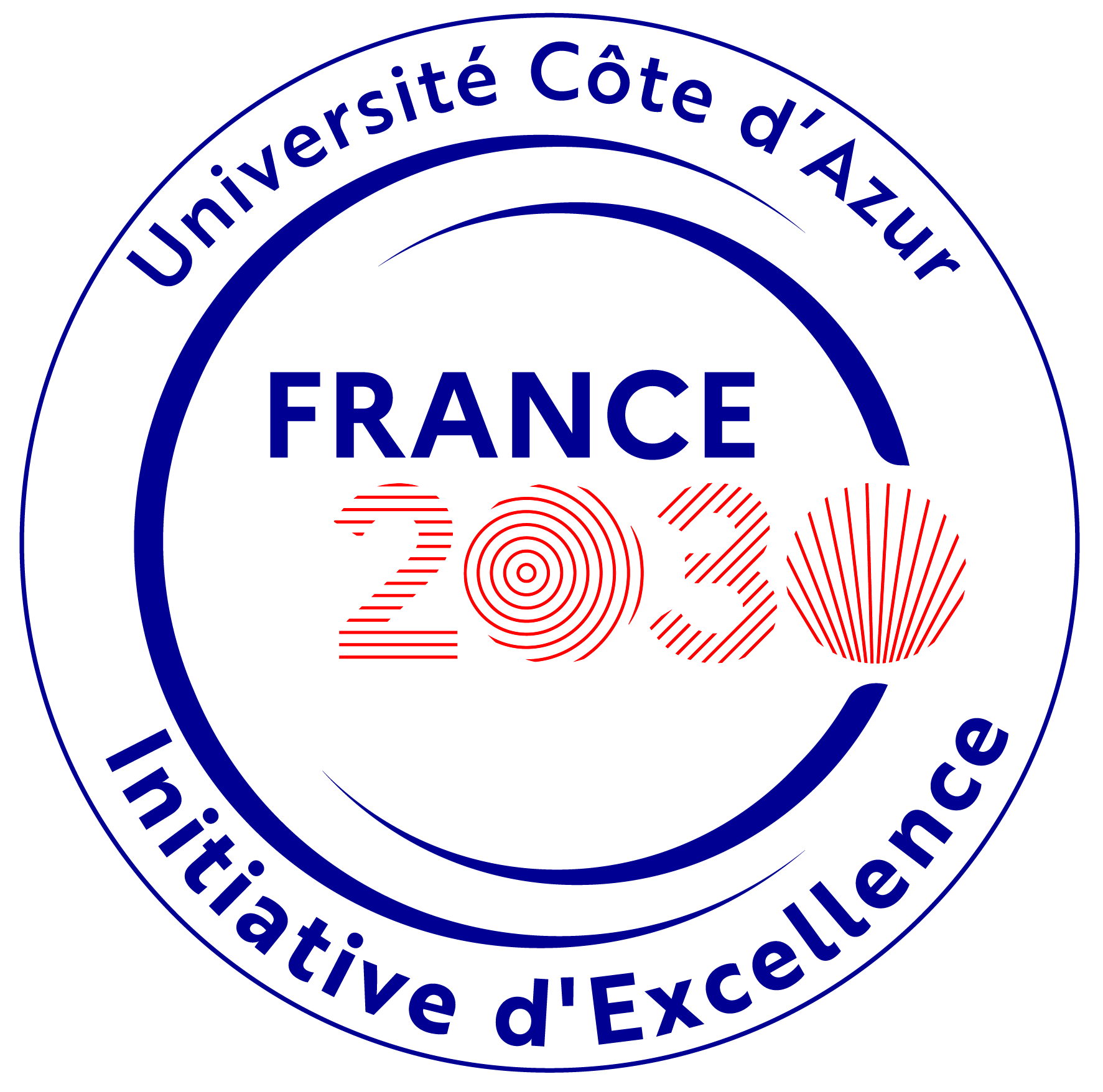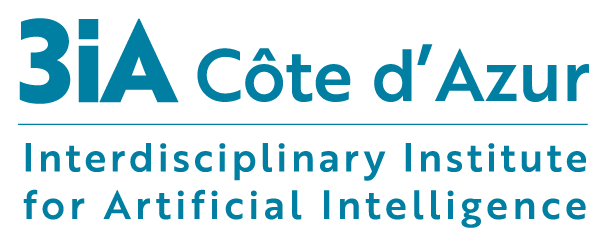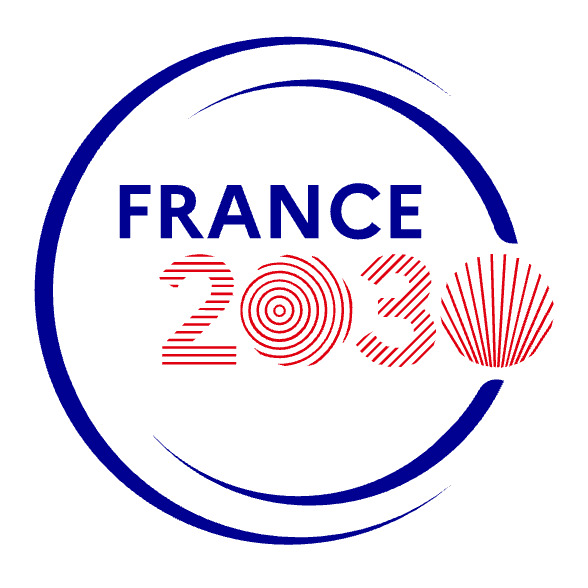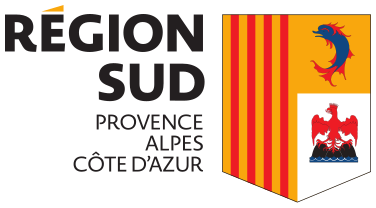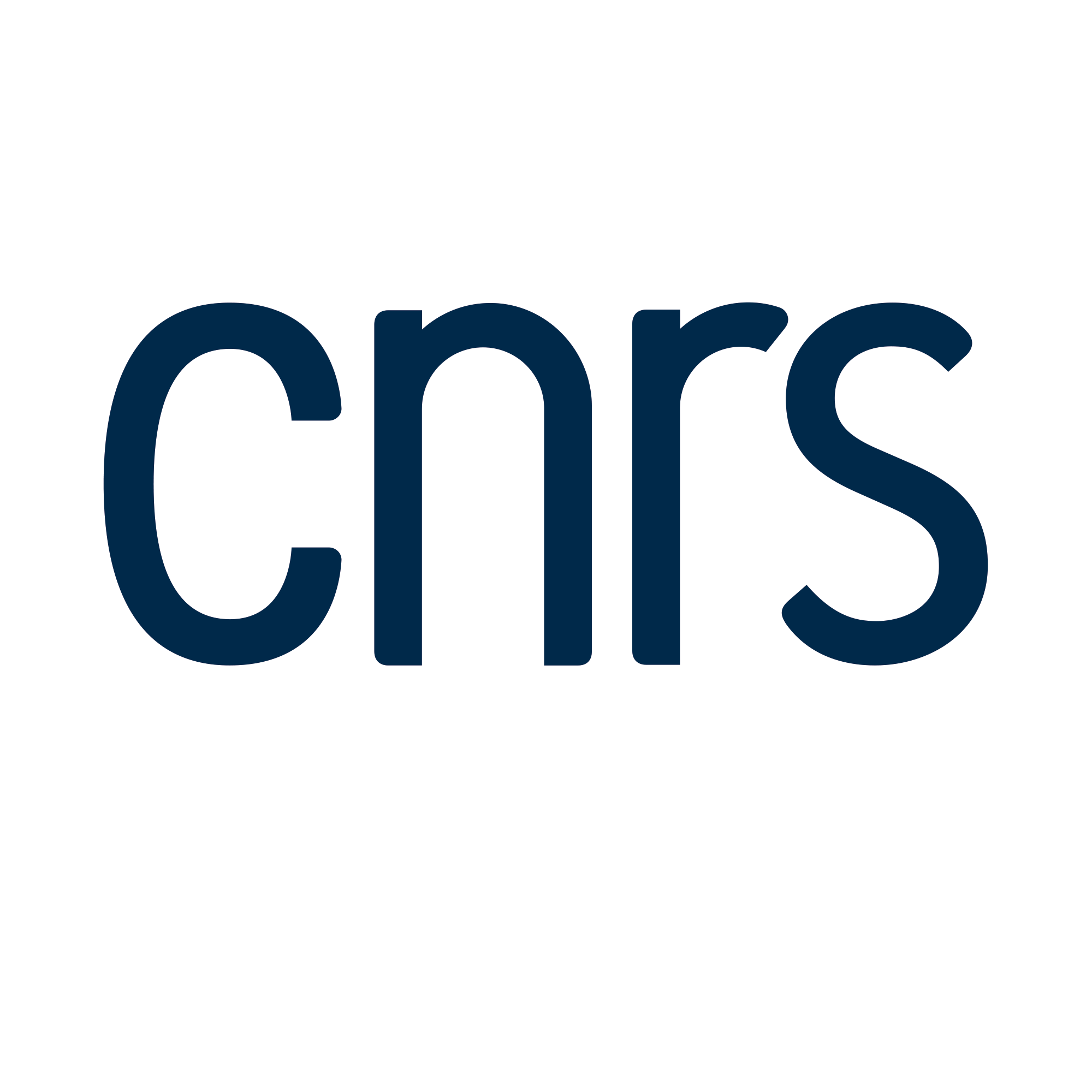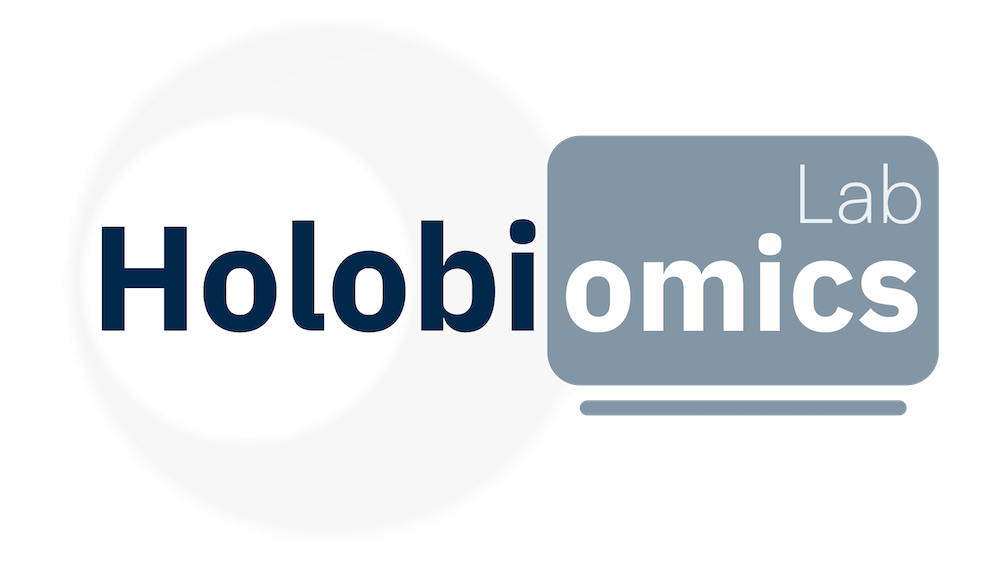AI-Enhanced Learning and Research 🤖 🧠
At HolobiomicsLab, we are not just integrating AI into our research and learning processes; we are pioneering a co-evolutionary adaptation with AI that is reshaping the future of scientific discovery and education. By viewing AI as a co-creative partner, we harness its potential to augment self-learning, human creativity, analytical capabilities, and technical craftiness, allowing us to explore new frontiers and challenge established paradigms across disciplines. This approach creates interdisciplinary opportunities that enable all lab members, trained in various disciplines, to engage deeply with complex scientific questions and computational methods, even without prior formal training in chemistry and computational sciences. Through this co-evolution, we aim to democratize access to advanced AI tools, empowering everyone to contribute to scientific innovation.
Bridging Disciplines through AI Co-Evolution 🧬 🔬 💻
Interdisciplinarity is at the heart of our approach at HolobiomicsLab. We recognize that the most significant scientific advancements occur when knowledge from different fields converges to address complex challenges. AI plays a pivotal role in facilitating this convergence by bridging gaps between disciplines and enabling seamless collaboration. Our lab fosters an environment where biologists, chemists, data scientists, and other specialists can work together, leveraging AI to cross traditional boundaries. This interdisciplinary focus not only enhances the depth and breadth of our research but also fosters a culture of continuous learning and innovation. By integrating diverse expertise with AI, we are pioneering new methodologies and solutions that push the boundaries of what is possible.
AI as a Tool to Enhance Scientific Active-Learning 🤖 ⚙️ 🧠
We believe that artificial intelligence plays a crucial role in enhancing scientific active-learning and supporting neurodiverse individuals within research and academic settings. AI can help design personalized learning experiences that promote efficient self-learning, removing language barriers in acquiring new concepts and skills. This marks a new era for knowledge acquisition and diffusion.
Importantly, AI can address some of the unique challenges faced by neurodiverse researchers by providing tailored support that aligns with their cognitive strengths. For instance, AI-driven tools can automate routine tasks, offer structure, and create personalized learning paths, enabling neurodiverse individuals to focus on their strengths, such as creative problem-solving or detailed analysis. Furthermore, AI enhances accessibility by creating environments that reduce sensory overload—a common challenge for many neurodiverse individuals—thus enabling them to thrive in academic settings.
Our AI-assisted learning initiatives are specifically designed to bridge gaps between disciplines while accommodating diverse cognitive needs. AI provides personalized and adaptive learning experiences, helping students from diverse backgrounds grasp complex computational concepts and tools with greater ease. This enables them to interact with real data and algorithms at their fingertips or through voice commands. This interdisciplinary and inclusive methodological approach ensures that all students, regardless of their academic background or neurodiversity, can fully participate in and contribute to cutting-edge research, fostering a more collaborative and supportive academic environment.
Through our pioneering efforts, we aim to lead the co-evolution of AI in research and education, setting new standards for how technology and human ingenuity can thrive together.
